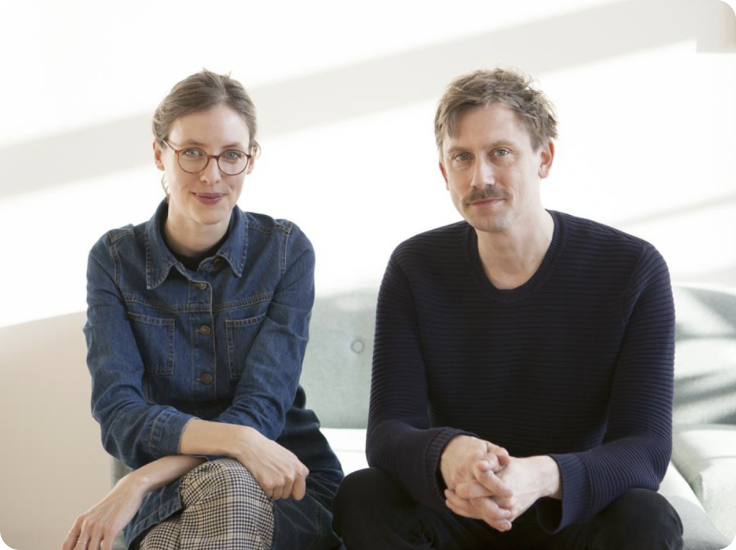Find a therapist who can offer non-judgmental support and guidance for individuals and relationships practising alternative forms of consensual non-monogamy, exploring issues such as communication, boundaries, jealousy, and relationship agreements within a framework of ethical and respectful engagement.


Polyamory and consensual non-monogamy (CNM) are relationship structures that involve having multiple romantic or sexual partners with the consent and knowledge of all parties involved. Unlike traditional monogamous relationships, which involve exclusivity between two partners, polyamorous and CNM relationships embrace openness, honesty, and ethical communication. Participants in polyamorous relationships may form deep emotional connections with multiple partners, while CNM may involve various forms of non-exclusive arrangements, such as open relationships, swinging, or polyfidelity. These relationship styles challenge societal norms around monogamy and offer individuals the opportunity to explore diverse expressions of love, intimacy, and connection.
Effective therapy for individuals and couples navigating polyamory and CNM focuses on fostering healthy communication, addressing jealousy and insecurity, and navigating complex relationship dynamics. Therapists who specialise in polyamory and CNM provide a non-judgmental and supportive space for clients to explore their desires, boundaries, and relationship agreements. They help clients develop skills for managing jealousy, negotiating boundaries, and maintaining trust and intimacy within their non-monogamous relationships. Additionally, therapy can address societal stigma and provide validation and affirmation for individuals living alternative relationship lifestyles.
It may take some exploration and open communication with potential therapists to discover the approach and therapist that aligns best with your needs and preferences. Trusting your instincts and being patient with yourself throughout this process can help alleviate some of the overwhelm and lead to a smoother therapeutic journey. If you are interested in therapy to assist you in improving your life quality, It's Complicated operates in nearly 100 languages, offering both online and in-person sessions. With a diverse network of over 1,500 mental health professionals spanning 80+ countries, you can easily connect with accredited psychologists who can support you and your partners.